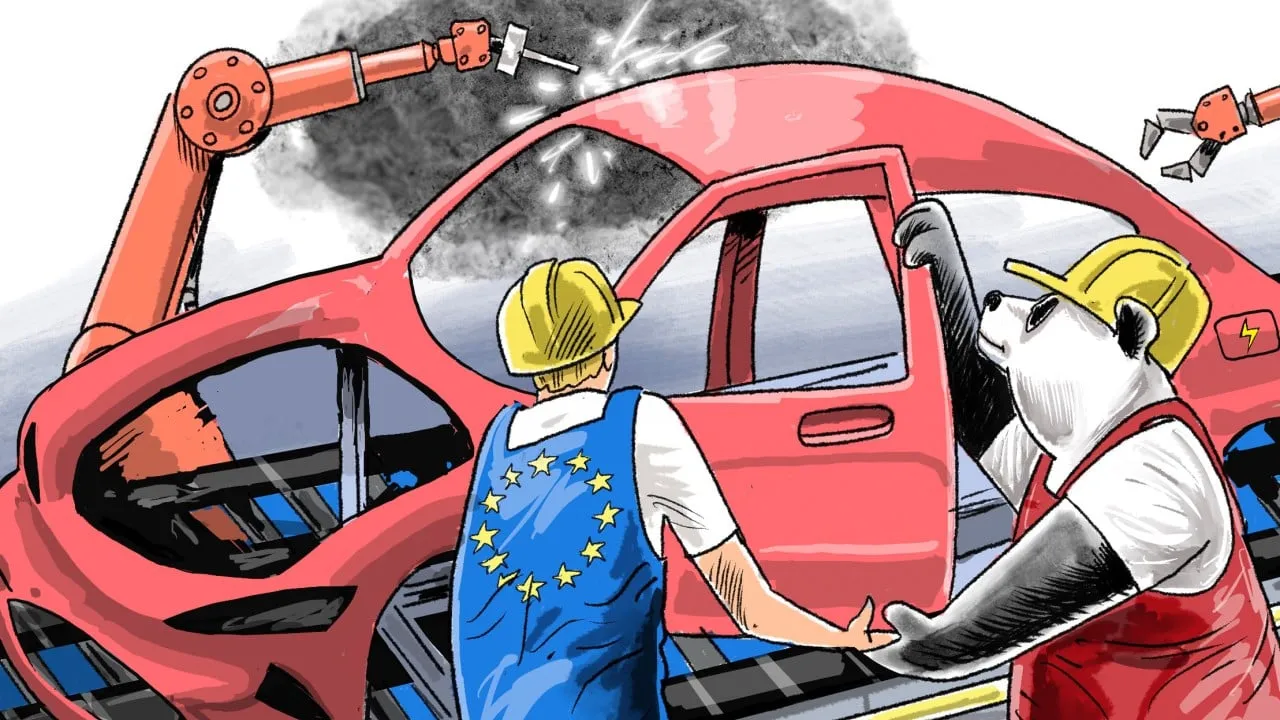Navigating the European Market: How Chinese EV Makers Can Succeed Amid Tariffs and Trade Wars

Adapting to the European Market
Chinese electric vehicle (EV) manufacturers, including BYD, Xpeng, and Nio, are shifting from exporting to local production within Europe to mitigate rising tariffs imposed by the European Union (EU). Following the EU's decision to raise tariffs on Chinese EV imports, these companies are investing in local assembly plants to stay competitive.
Key Strategies for Success
- Establish factories within European territories to avoid tariffs.
- Learn management lessons from leading firms like Haier and BYD, who've successfully navigated foreign markets.
- Enhance brand recognition by producing locally and aligning with European consumer preferences.
Understanding European Work Culture
Operating in Europe requires an understanding of distinct work cultures and regulatory landscapes:
- Emphasis on employee rights and work-life balance contrasts with competition-driven Chinese environments.
- Increased autonomy and participative decision-making are expected by European workers.
- Stringent regulations regarding human rights and environmental standards must be adhered to, such as the EU’s corporate sustainability due diligence directive.
Tackling Regulatory Challenges
Chinese firms can utilize frameworks established by partners and NGOs in Europe to ensure compliance with local laws, helping to mitigate risks associated with potential human rights and environmental impacts.
Conclusion: The Path Forward for Chinese EV Makers
With careful adaptation to the European work culture and proactive management practices, Chinese EV manufacturers can effectively thrive in this vital market.
This article was prepared using information from open sources in accordance with the principles of Ethical Policy. The editorial team is not responsible for absolute accuracy, as it relies on data from the sources referenced.